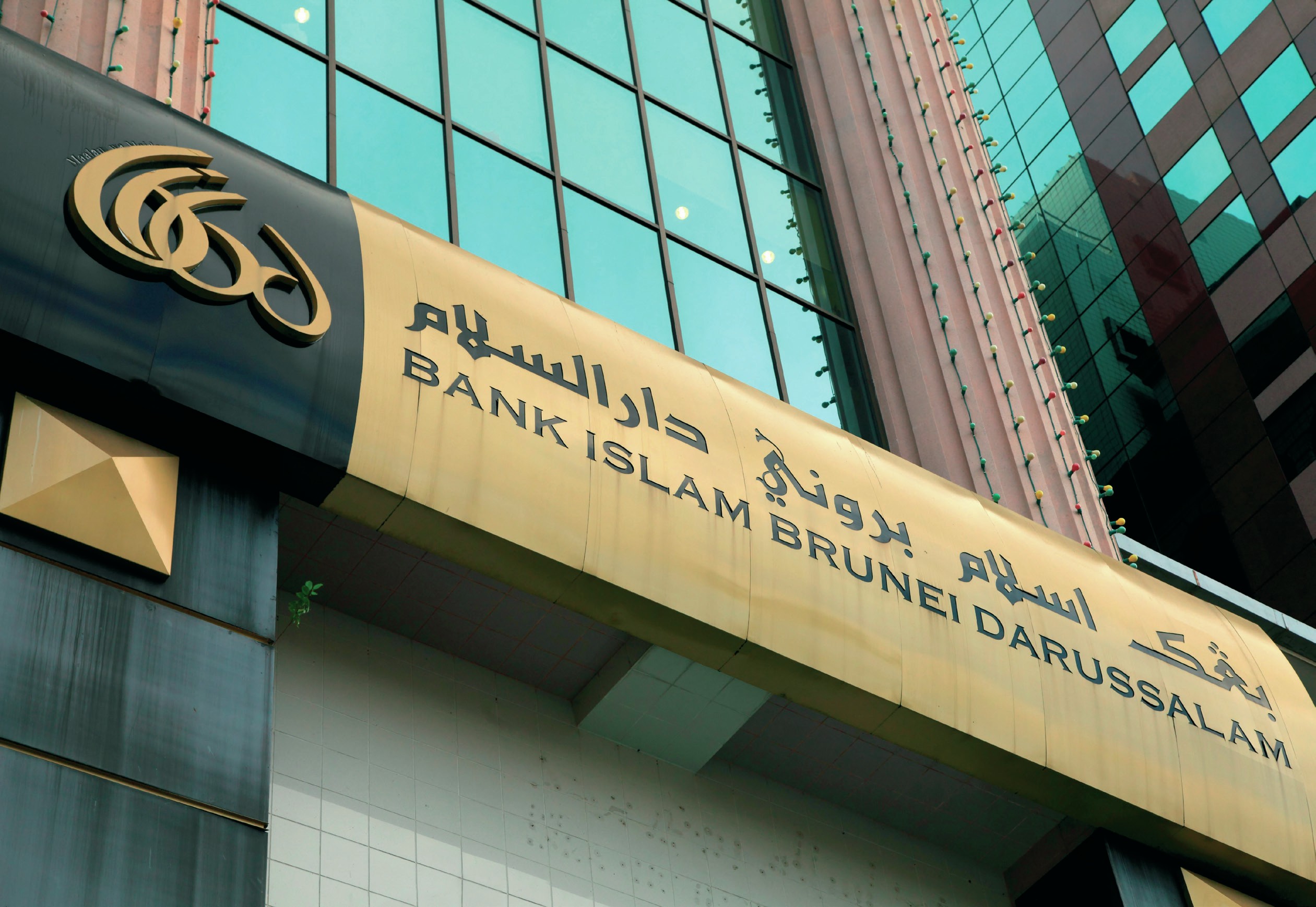
Islamic economics is an approach to economics based on the Islamic faith. Muslims believe in the oneness of God — or Allah — and the infallibility of his message through the Qur’an and other religious texts. Islamic economics is viewed as a science established in the faith, reflecting the Sunnah: the sayings and practices of the prophets and messengers who received and implemented the religious texts. In Islam, the Sunnah of the prophet Muhammad refers to his words and actions in explaining the Qur’an. Muslims look to the Qur’an for the core tenets of faith and to the Sunnah of Muhammad for their application.
Islamic economics is distinguished by two key characteristics:
Your organisation does not have access to this article.
Sign up today to give your students the edge they need to achieve their best grades with subject expertise
Subscribe




